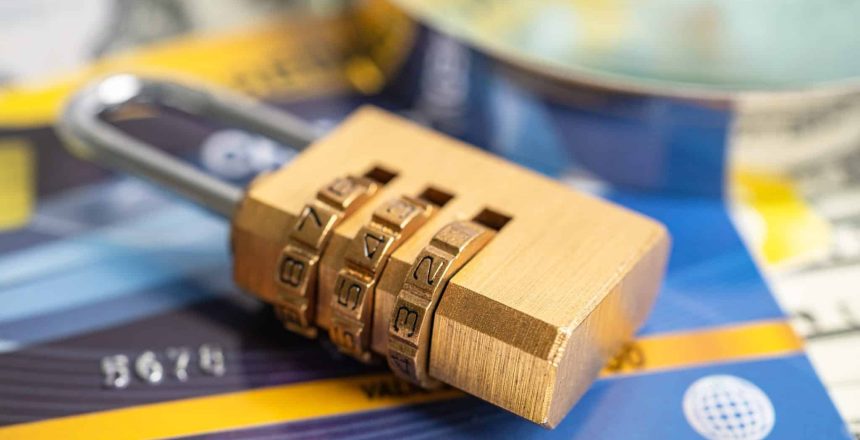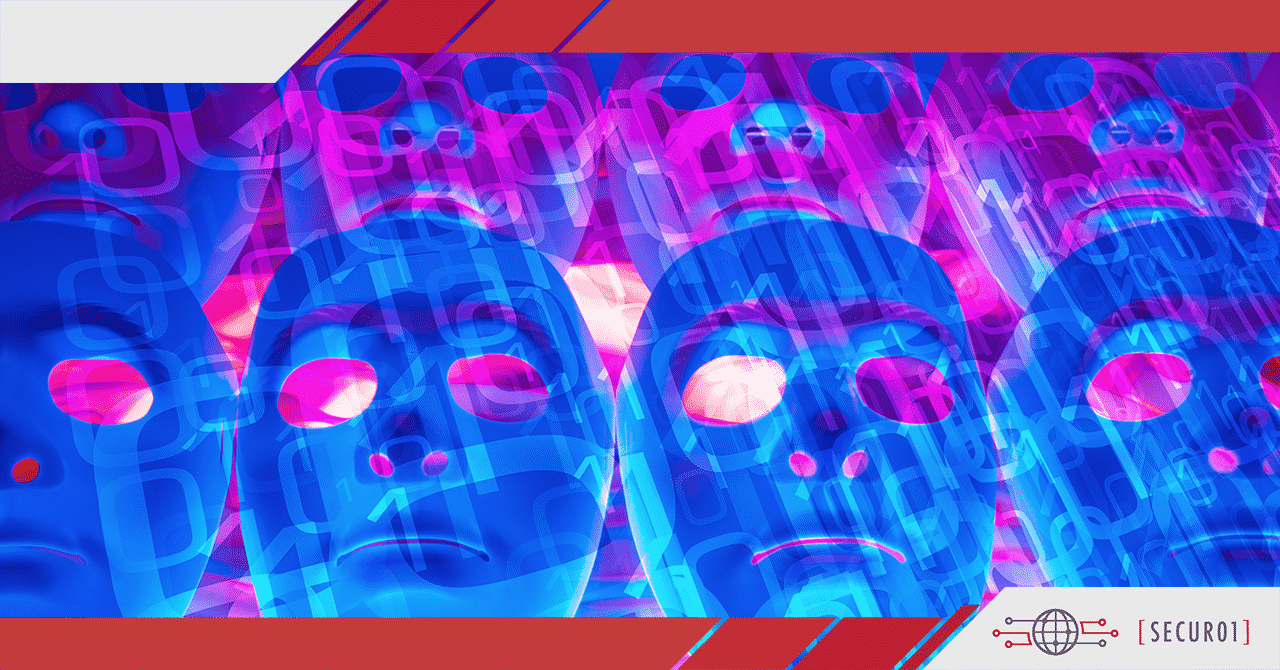Each March marks Fraud Prevention Month, a time to raise awareness about the many forms of fraud that affect individuals and organizations alike. While traditional fraud methods still exist (identity theft, phone scams, phishing emails), today’s frauds are closely linked to cybersecurity and compliance requirements. In any organization, each employee plays a key role in safeguarding information and systems.
Fraud, Cybersecurity, and Compliance: A Critical Trio
Fraudsters exploit both technical and human vulnerabilities. One careless click on a malicious link or a weak password is enough to compromise an entire network, expose sensitive data, and violate laws such as Law 25 for the protection of personal information and Law 5, which governs the protection of health and social services information in Quebec.
Successful fraud can result in:
- major financial loss;
- reputational damage;
- legal consequences due to non-compliance with data protection laws.
Practical Reminders to Prevent Fraud
Here are key best practices to help prevent fraud and maintain regulatory compliance:
- Stay skeptical, even with familiar-looking messages
Phishing emails and scams often look legitimate. Always double-check:
- the sender’s email address;
- any links before clicking;
- unusual requests (e.g., urgent payments, bank info changes).
- Protect your access
- Use strong, unique passwords.
- Enable multi-factor authentication (MFA) whenever possible.
- Never share your login credentials — not even with a colleague.
- Install only authorized software
- Do not download or install unauthorized software without approval from IT.
- Make sure any software is legal, up to date, and does not compromise data privacy.
- Handle personal information with care
- Avoid storing sensitive data unnecessarily.
- Never send confidential information by email without protection.
- Do not enter sensitive data into productivity or artificial intelligence (AI) tools.
- Comply with the requirements of Law 25 and Law 5 related to the protection of personal and health-related information.
Compliance is Everyone’s Responsibility
Fraud prevention is not just a matter for IT or security teams — it’s a shared responsibility. By following security best practices, you help protect the organization, our clients and our partners.
In Summary:
Fraud is constantly evolving, but our best defense remains a combination of human awareness, digital vigilance, and compliance with established rules.
Let’s take this Fraud Prevention Month as an opportunity to sharpen our security reflexes — together.
Note that fraud is a criminal offence. Whether it happens online, by phone, by SMS, by email, or in person, it must be reported as soon as possible to the police and to the Canadian Anti-Fraud Centre.
How can Secur01 help you?
Secur01 has the compliance expertise, cybersecurity competence and experience of multiple cyber risk mandates for clients of all sizes and industries.
- Want to confirm whether your company is vulnerable to cyber attacks?
- Need advice on how to navigate the requirements of Act 25 and ensure rapid compliance?
- Have you received a cyber insurance questionnaire from your insurer and need help answering it?
- Would you like a security diagnostic of your infrastructure?
- Do you need help to define an awareness program or phishing campaigns to manage your risks of cyberattacks and data breaches?
Contact us to ensure your compliance, increase your cyber resilience, reduce your risks, and optimize your costs.





